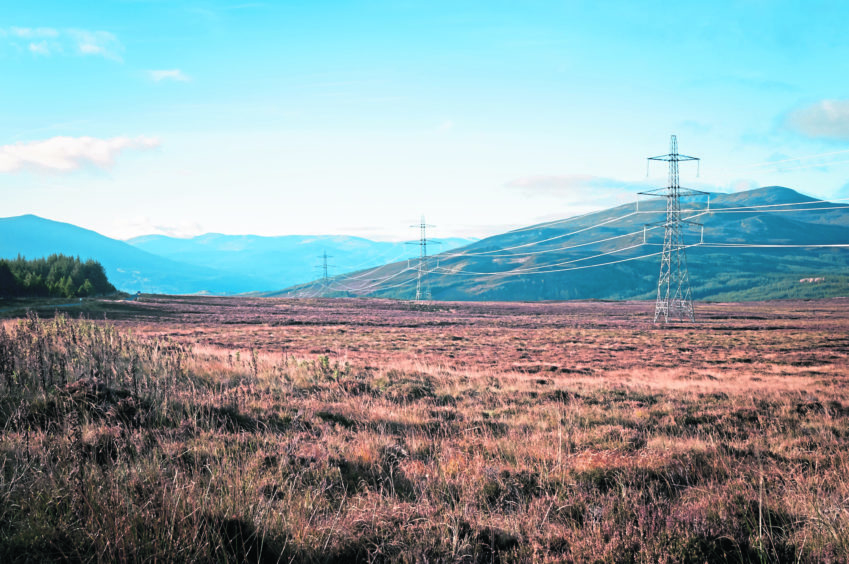
Hard-pressed families in the north and north-east could have their energy bills cut by £17 a year under a new initiative by the UK Government.
A proposal announced yesterday would mean that consumers in northern Scotland could be granted some much-needed relief by no longer having to fund the cost of electricity infrastructure for Shetland alone.
Under a plan that was hailed as “potentially excellent news” last night, the costs would instead be shared by customers across the UK from next year.
Critics insisted that the move did not go far enough, however.
A controversial regional pricing system means that northern Scotland would still face the highest bills in Britain, despite suffering from some of the worst rates of fuel poverty – and producing more energy than it needs.
Powering Shetland currently costs £18 million more than it does for the mainland, according to the UK Government, and the north and north-east of Scotland funds the infrastructure through household electricity bills.
Prices were set to rise again when a looming upgrade to Shetland’s power supply pushes the extra cost to £27m.
But the UK Government announced yesterday that it was launching a consultation on a proposal that would mean the price of Shetland’s infrastructure would be spread across the UK from April next year.
The idea would save north of Scotland consumers an average of about £17 a year on electricity.
Energy Minister Chris Skidmore said: “The ability to share costs more widely is one of the benefits of being part of the United Kingdom and these plans will mean consumers in the north of Scotland will soon receive a welcome saving on their bills.”
Scottish Secretary David Mundell said: “Spreading the costs across the whole of Great Britain reflects the unique circumstances in Shetland and northern Scotland.”
Distribution charges account for about 18% of average bills and around 700,000 consumers across northern Scotland, including Grampian and the Highlands and islands, pay the highest UK rates.
For families on economy 7 tariffs, those in the north of Scotland pay an average of £135 for distribution, more than double the £66 paid in London.
The costs, branded a “surcharge” by campaigners, are levied despite the fact Scotland produces more energy that it needs.
After The Press and Journal campaigned for reform, the coalition government at Westminster pledged to introduce a new scheme to cut £30 from average bills in the region in 2015, but the move was abandoned by the Tories after they formed a majority government later that year.
However, the Conservative government point to the recent price cap and the “Hydro Benefit Replacement Scheme”, a subsidy system that ensures bills in the region are not even higher.
Highland Council leader Margaret Davidson described the new initiative as “potentially excellent news”.
She said: “I would commend the government for its initiative and look forward to it becoming a fact.”
Liam McArthur, Orkney MSP and Liberal Democrat energy spokesman, said: “It is simply unfair for islanders to be surcharged when so many households already experience the highest levels of fuel poverty in the country.”
However, SNP politicians said that a £17-a-year saving was insufficient.
Inverness, Nairn, Badenoch and Strathspey MP Drew Hendry said: “The Tories have no credibility on energy policy in Scotland, and these ridiculous interventions only show up the UK government’s trademark lack of credibility.”
Aberdeen Central MSP Kevin Stewart said: “The UK Government seem to think that my constituents and others across the north of Scotland should be grateful that their annual electricity bills may go down by £17.
“However, what they fail to say is that consumers across our area are royally conned with the highest electricity bills in Britain and that will continue to be the case.”
Recommended for you
